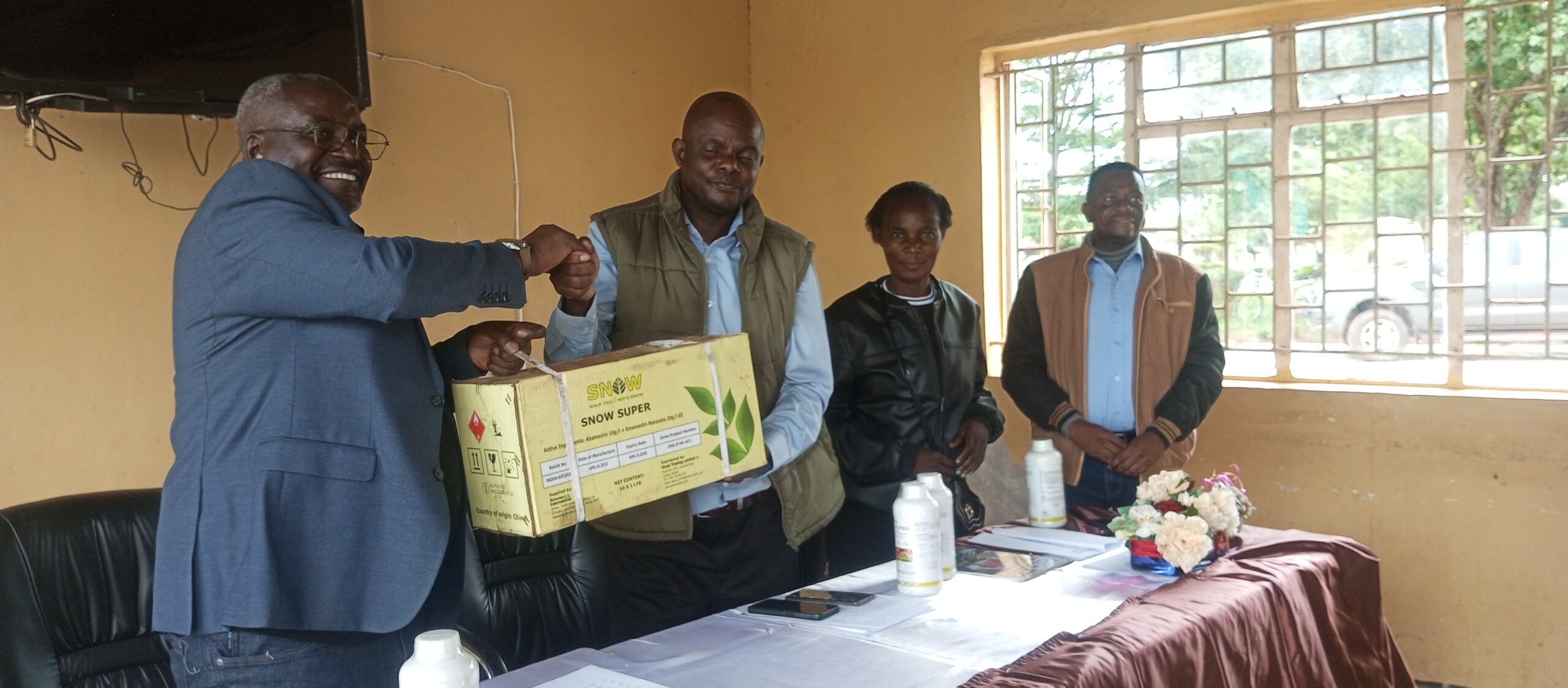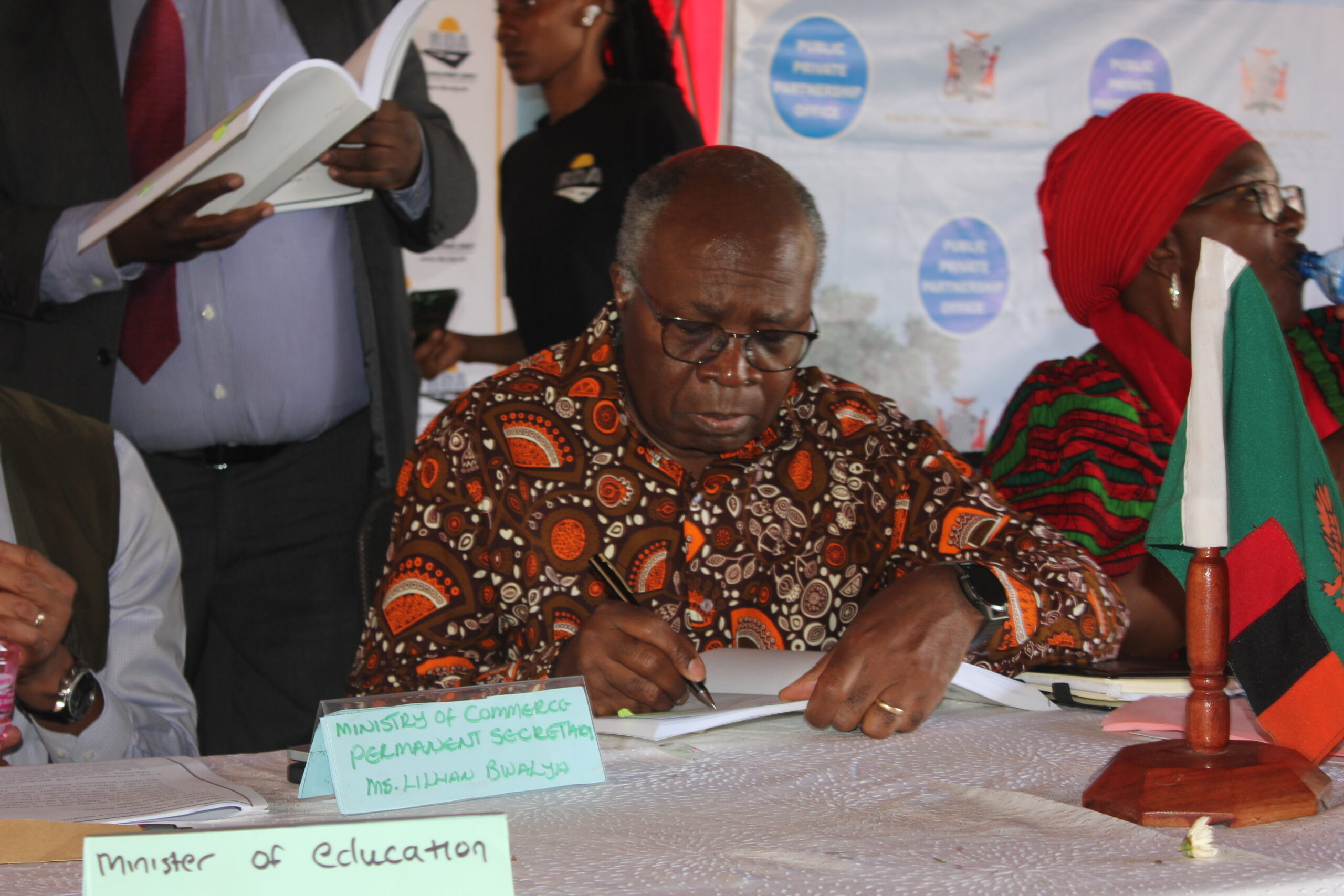By John Chola
With only hours before Finance and National Planning Minister, Situmbeko Musokotwane unveils the 2025 national budget, the Economics Association of Zambia (EAZ) has outlined its key expectations, urging the government to focus on domestic revenue generation and prioritize sectors essential for economic recovery and growth.
In a press statement released today, the EAZ emphasized the importance of aligning the budget with the nation’s medium-term plan (2025-2027) and the National Development Plan to ensure sustainable growth.
Speaking on behalf of the association, EAZ President Dr. Oswald Mungule underscored the need for Zambia to reduce its reliance on external borrowing and focus on increasing domestic revenue contributions.
“The 2025 budget should target at least 80 percent domestic revenue financing, achieved by expanding and diversifying the tax base, particularly in under-taxed sectors,” he said.
Priority sectors for economic recovery
The EAZ has highlighted four key sectors that need attention in the upcoming budget: Energy, Mining, Agriculture, and Manufacturing.
According to Dr. Mungule, these sectors are crucial for driving economic recovery and achieving sustainable growth.
“The energy sector, which faces challenges like petroleum issues and electricity shortages, requires urgent investment in generation and infrastructure. Without energy security, economic growth across all sectors will be stifled,” Dr. Mungule noted.
He further stressed the importance of the mining sector, which remains the backbone of Zambia’s economy.
“We need a conducive environment for investment in mining, and the budget should aim to increase the tax base in this sector, enhancing domestic revenue generation,” Dr Mungule emphasised.
On agriculture, Dr. Mungule called for increased resource allocation to mechanization and smart agricultural practices.
“Agriculture employs a significant portion of our population, and improving its productivity is essential. The sector also plays a critical role in supporting the manufacturing value chain,” he said.
Dr Mungule also called for greater incentives and investments in the manufacturing sector, particularly those that support value addition and exports.
“Manufacturing must be prioritized if Zambia is to achieve an export-led economy, which will help stabilize the currency and enhance liquidity,” Dr. Mungule added.
Promoting non-traditional sectors and building resilience
The association also advocated for growth in non-traditional sectors, particularly logistics, to diversify the economy and reduce business costs.
Dr. Mungule pointed out that investing in logistics infrastructure could spur job creation and improve Zambia’s competitiveness in both regional and global markets.
Moreover, the EAZ stressed the importance of building economic resilience against both global and domestic shocks by focusing on sectors like energy, mining, and manufacturing.
“Resilience is key to weathering future challenges and safeguarding economic stability,” Dr. Mungule remarked.
Export-led growth strategy
One of the most significant calls from the EAZ has been for the 2025 budget to adopt an export-led growth strategy.
“We need to focus on increasing exports to address the current account deficit, stabilize the currency, and improve liquidity in the economy. A steel-led manufacturing economy, leveraging our mineral wealth, could be a game-changer for Zambia,” Dr. Mungule explained.
He also urged the government to offer tax breaks, reduced import duties on manufacturing equipment, and targeted investment in export-oriented industries to drive this strategy forward.
Rethinking Constituency Development Fund (CDF)
Dr. Mungule also raised concerns about the current administration of the Constituency Development Fund (CDF), which he described as spreading resources too thinly.
“Instead of distributing funds widely, we need a strategic approach that allocates resources to high-impact projects that create jobs and stimulate growth at the community level,” he argued.
The EAZ recommended a review of the CDF model to ensure better oversight and alignment with national development priorities.
As Zambia grapples with global economic uncertainties, the EAZ emphasized the need for the 2025 budget to align with the nation’s medium-term and national development plans.
“The budget must be forward-looking, addressing not only immediate challenges but also ensuring long-term sustainability. Critical issues like climate change, food security, and water scarcity must be addressed if we are to achieve the five percent GDP growth target for next year,” Dr. Mungule concluded.
The EAZ reaffirmed its commitment to supporting the government in crafting policies that foster inclusive growth and improve the lives of all Zambians.








